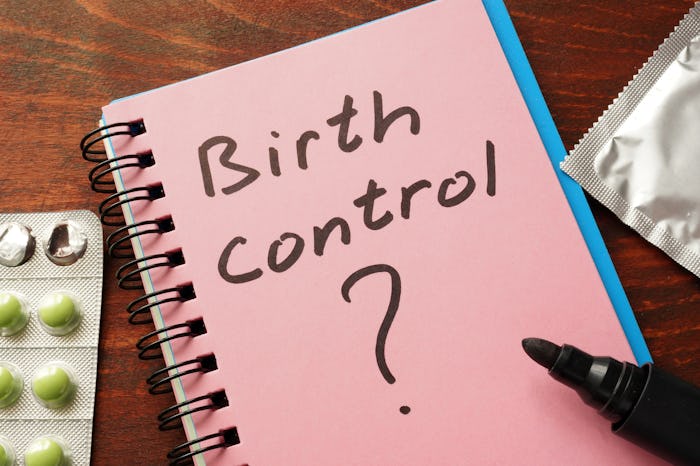
9 Ways To Know You Should Switch Birth Controls
Once you find a birth control method that works, it’s easy to follow through with it for the rest of your reproductive years. After all, there is something comforting about taking the same pill every day or getting a routine shot. But is your usual method lacking in some way? It’s easy to consider the ways to know you should switch birth controls. If you deal with constant and annoying breakthrough bleeding, crushing headaches, or cramps, then it might be time to make a change.
Fortunately, this is an exciting time to reconsider birth controls options, because there are a wealth of choices available. You can try many brands of the pill, as well as IUDs, implants, the patch, and the ring. And of course diaphragms and condoms are always available as well.
Switching to a new method may take a little trial and error. Additionally, your own health concerns, family plans, and budget may also play into the equation. But in general, there is no need to settle for the same old method of birth control if something else may be a better fit for you. Don’t hesitate to do a little research and have a chat with your doctor if any of the following scenarios sound all too familiar.
1You Have Libidinal Issues
Your libido does not have to take a nose-dive when you go on the pill. According to WebMD, the way your particular body chemistry reacts to various brands of birth control pills may vary. In other words, the same pill that works great for your friend may leave you feeling zapped and uninterested. It's worthwhile to shop around until you find a brand that works for your body.
2You Suffer Migraine Headaches
You don't have to suffer through terrible headaches just because you're on birth control. As explained on Healthline, some women experience migraine headaches from taking combination birth control pills. Although they may go away with time, it's worth discussing other options with your doctor if the headaches become a major concern.
3You Have Breakouts & Skin Irritations
Many women experience clearer skin when they go on birth control pills, but others are not so lucky. In addition, even the patch may cause skin irritation, itchiness, or redness, as explained by the University of Illinois McKinley Health Center. You try out other methods until you find one that is kind to your skin.
4Your Partner Changes
If you've recently gotten out of a long-term relationship, then it may be a good idea to add condoms back into the equation when you return to dating. On the flip side, if you and your partner have become more serious and fluid-bonded, then you may look into more long-term birth control options such as an IUD.
5You Have Irregular Bleeding
Avoiding surprise bleeding is one of the top benefits of birth control. According to Everyday Health, if your between-period spotting does not taper off soon after you start a birth control pill or implant, then it's a good reason to check in with your doctor. You can find a different option that doesn't have this irritating side effect.
6Your Lifestyle Changes
Your family planning methods may adapt as your family changes. For instance, many women opt to try out an implant, IUD, or shot right after having a baby. Depending on your plans for the future, it may be a good time to consider a more long-term method of birth control.
7You Have Bad Cramps
Ugh, cramps are the worst. According to Healthline, if you're still experiencing debilitating cramps after a couple of months on birth control pills, then it's probably time to find a new pill or method. Fortunately, you don't have to live with that kind of pain.
8 8. Your Mood Swings
Mood swings are no joke. As explained in Shape, any type of hormonal birth control may cause you to feel depressed or anxious. You may consider an IUD with low or no hormones to keep your mood more stable.
9You're Forgetful
OK, so this is more on the user error side of things. But if you consistently forget to take birth control pills, then it's a very good idea to consider switching to another method such as the shot or an IUD. According to the Guttmacher Institute, correct and consistent use of birth control methods is crucial for their effectiveness, as the "19 percent of women at risk who use contraception inconsistently account for 43 percent of unintended pregnancies." To take control of your family planning, discuss alternatives such as the shot, ring, or IUD with your doctor.